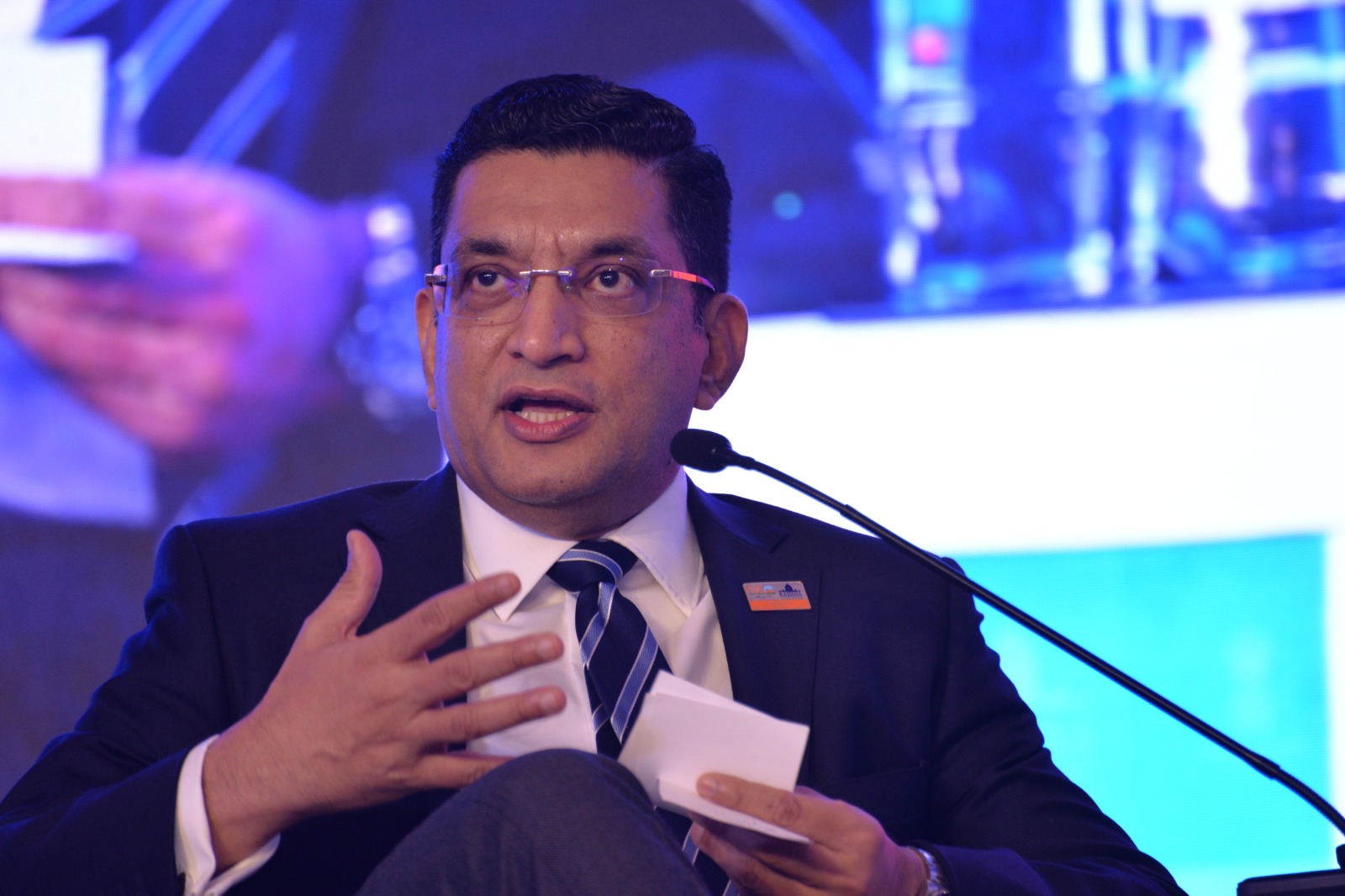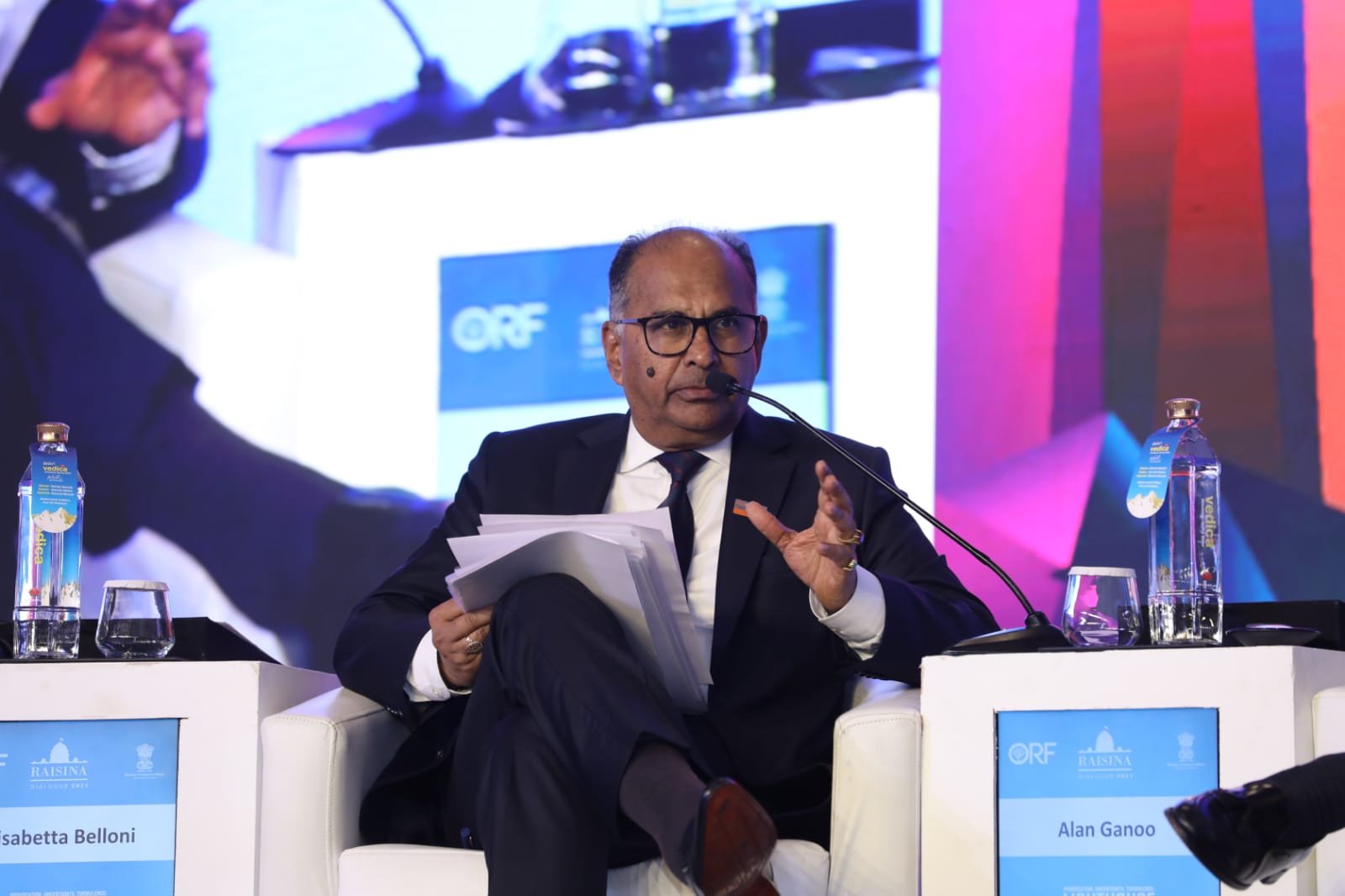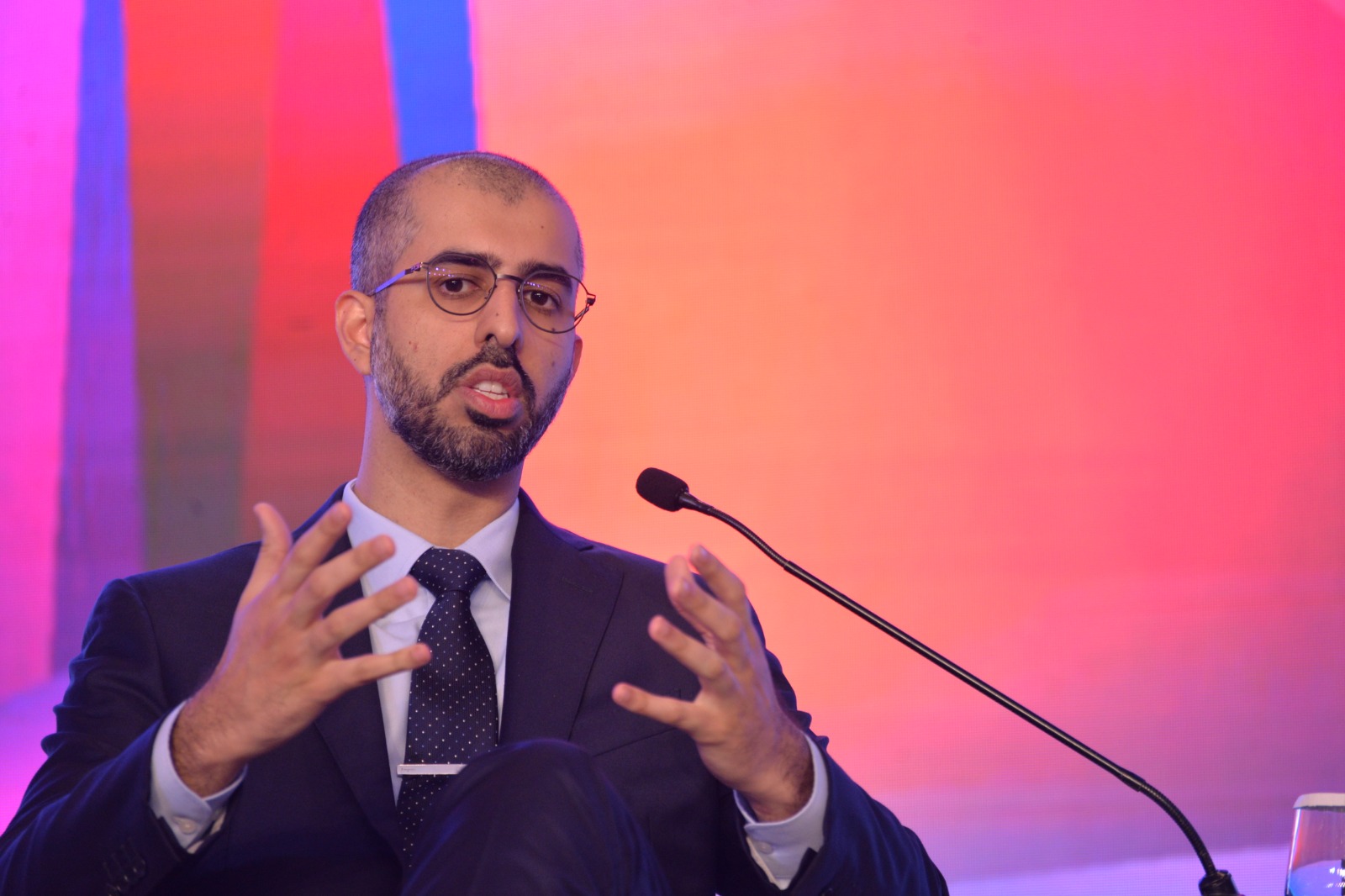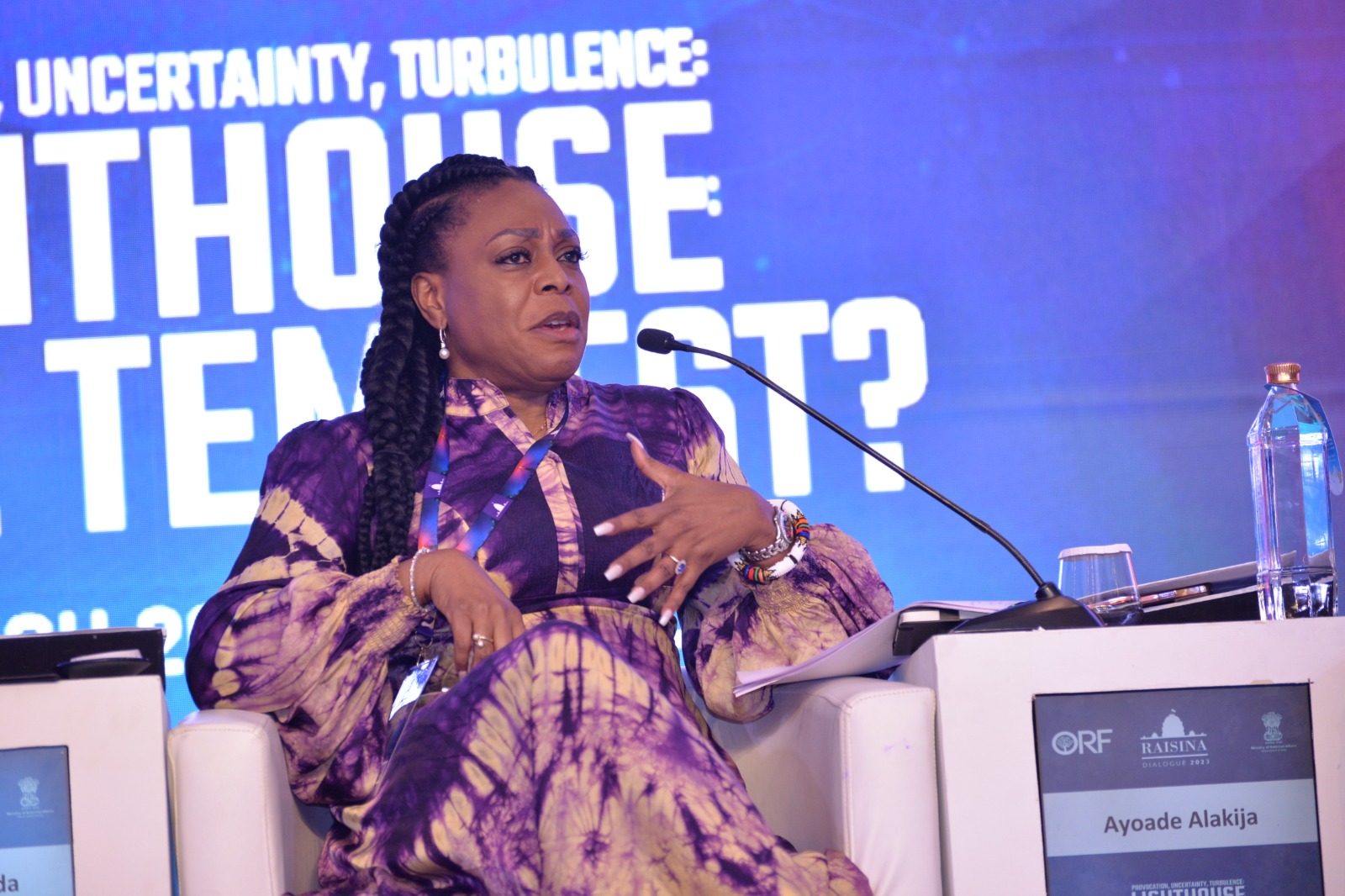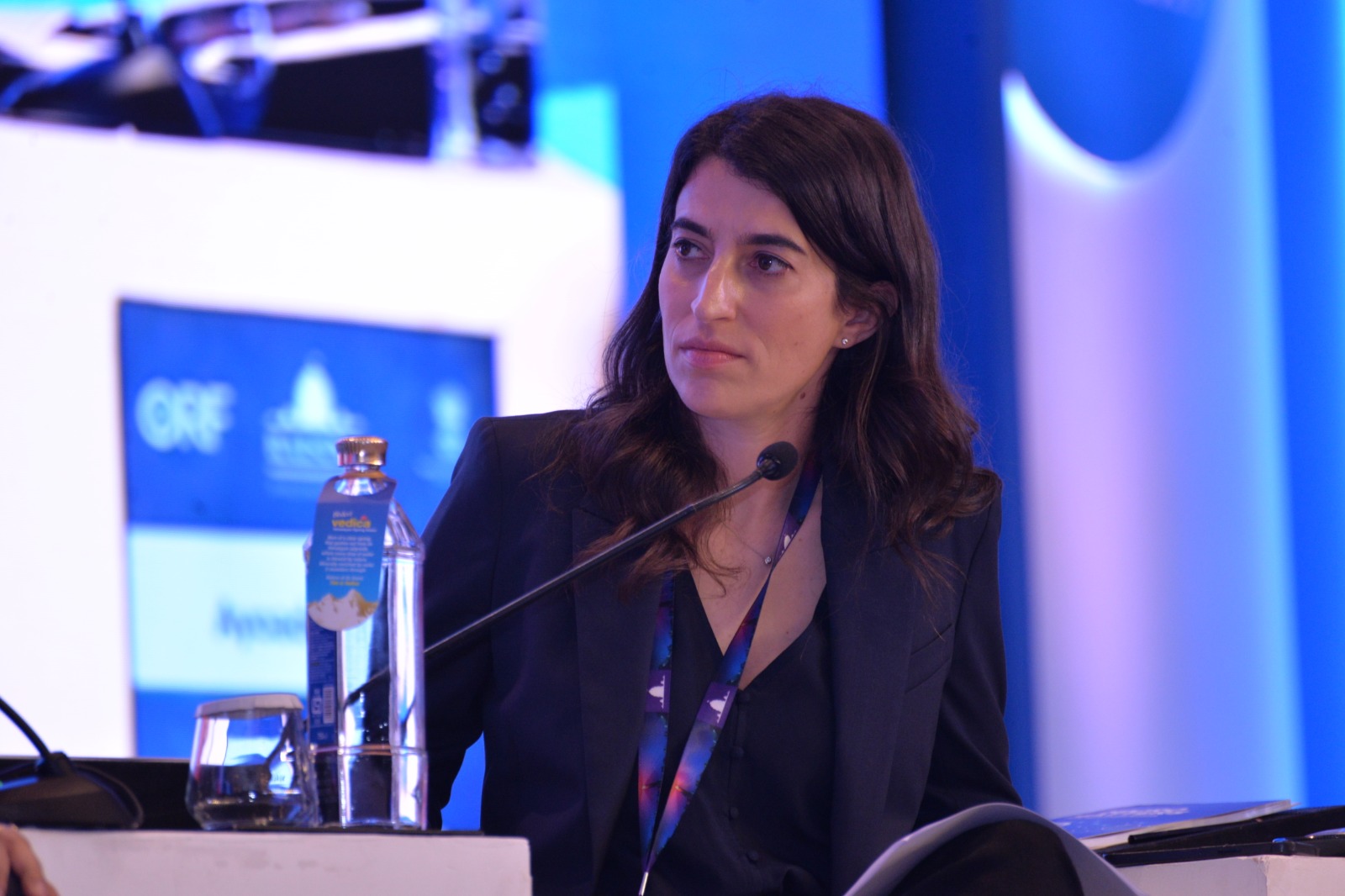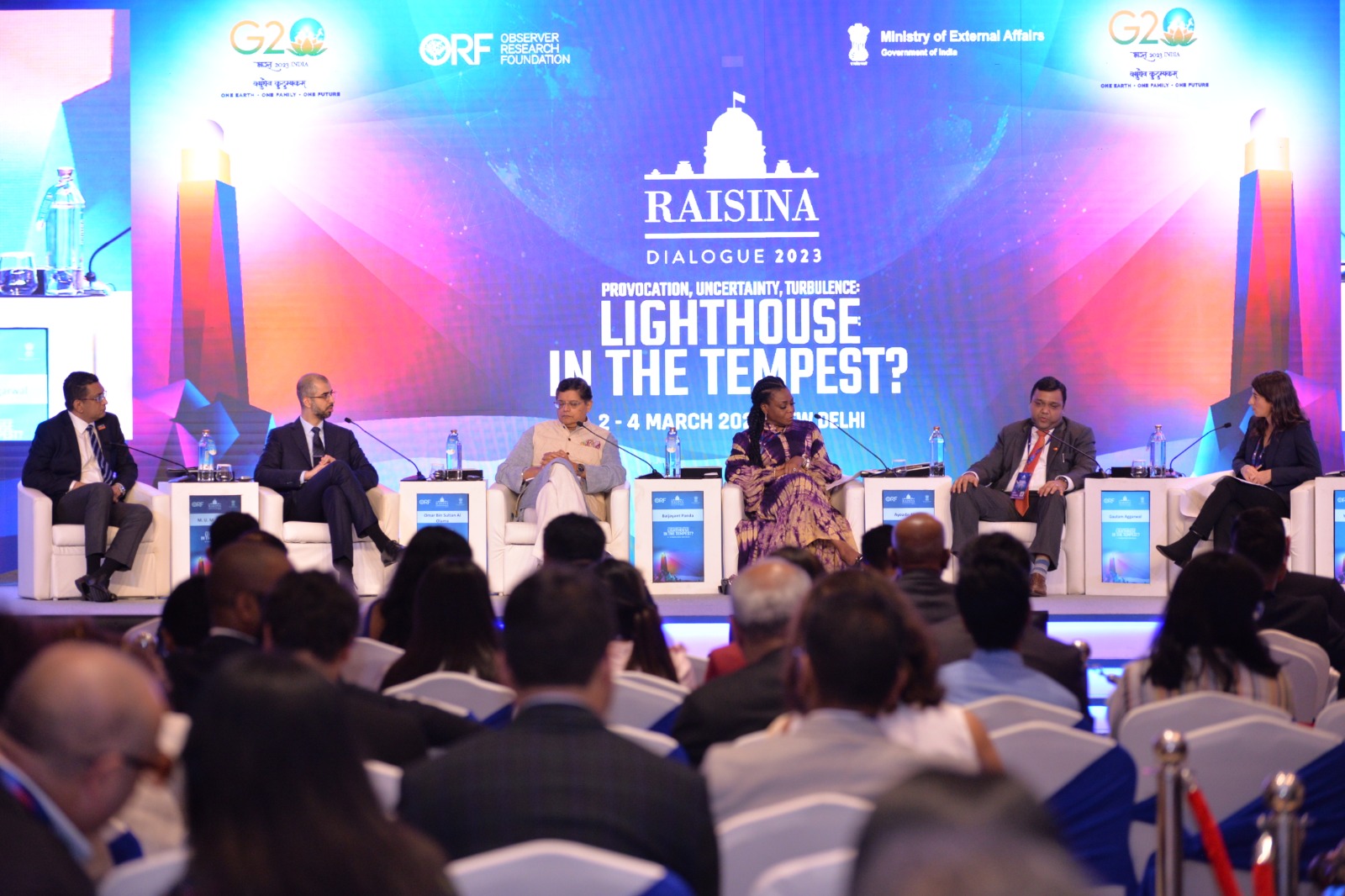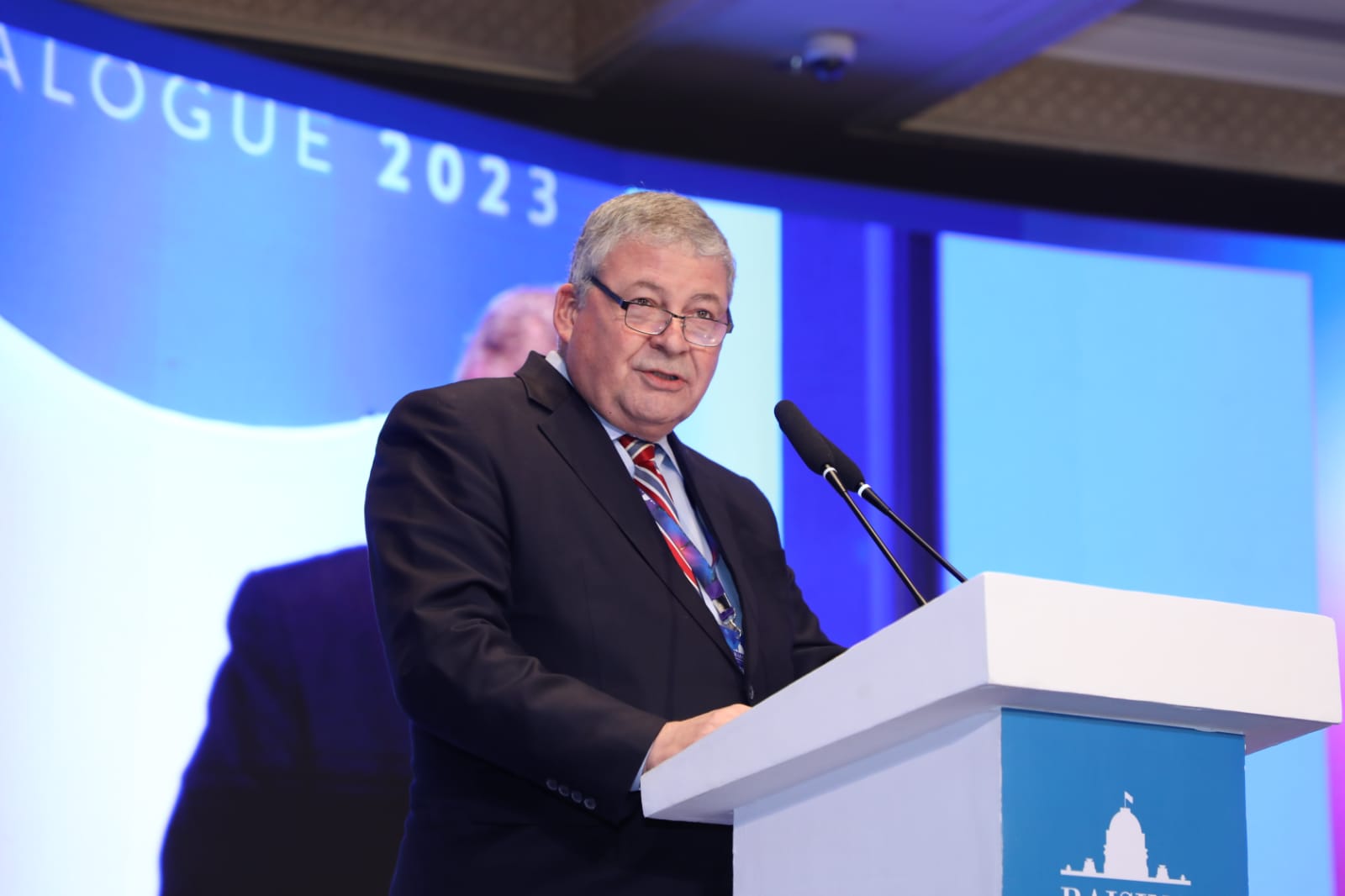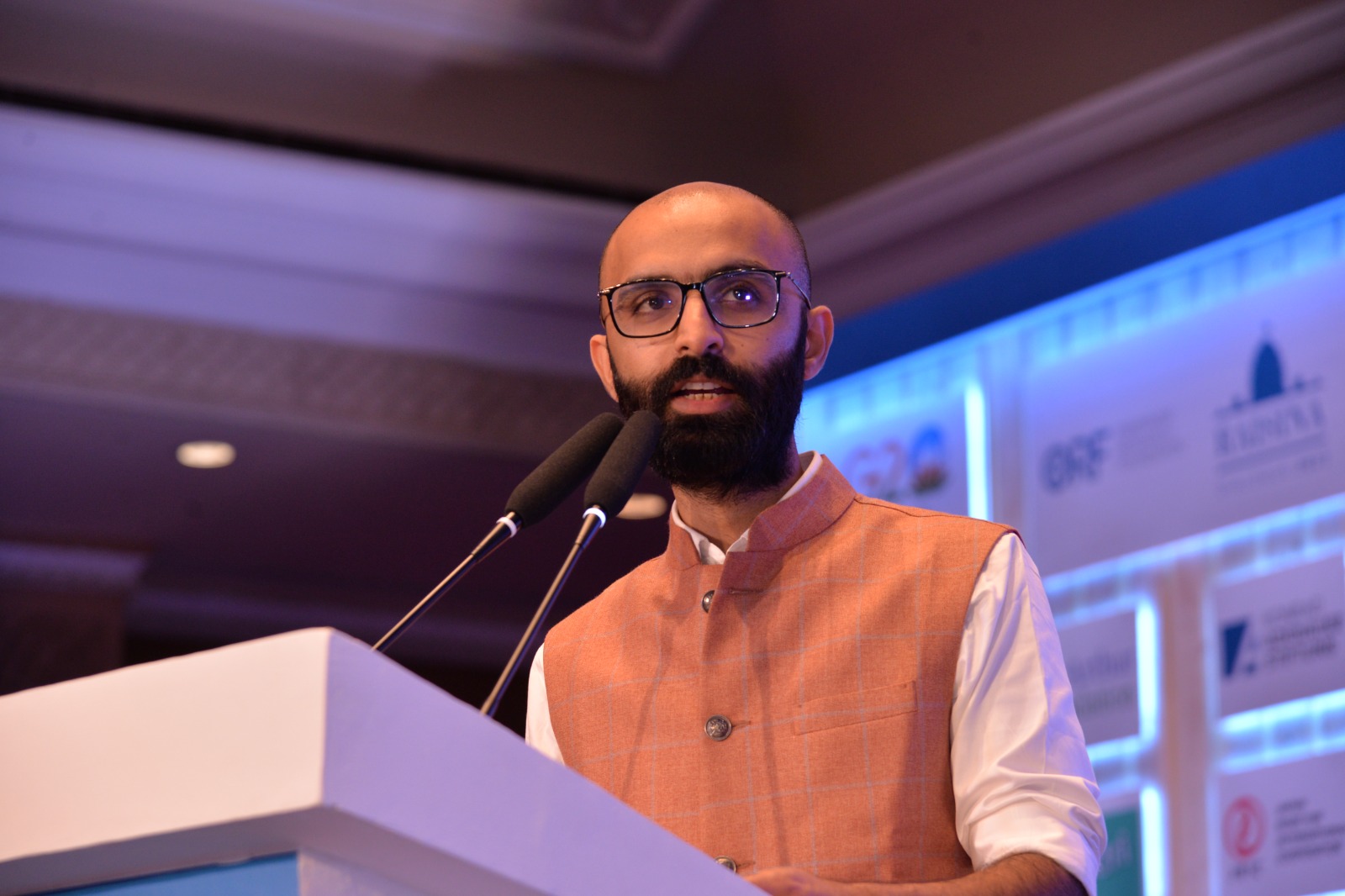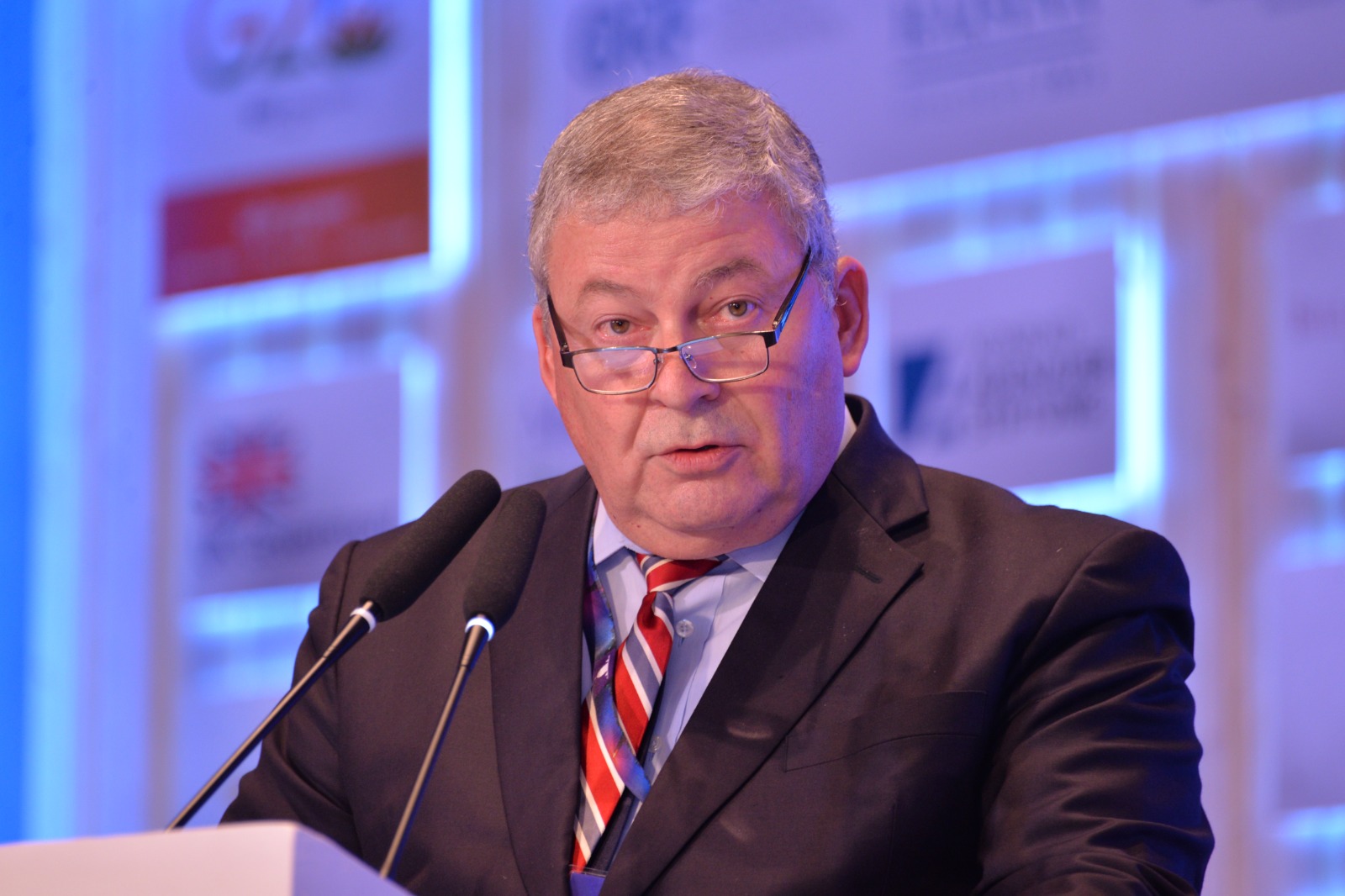
The Raisina Dialogue is India’s premier conference on geopolitics and geoeconomics committed to addressing the most challenging issues facing the global community. Every year, leaders in politics, business, media, and civil society converge in New Delhi to discuss the state of the world and explore opportunities for cooperation on a wide range of contemporary matters. The Dialogue is structured as a multi-stakeholder, cross-sectoral discussion, involving heads of state, cabinet ministers and local government officials, who are joined by thought leaders from the private sector, media and academia.
The conference is hosted by the Observer Research Foundation in partnership with the Ministry of External Affairs, Government of India. This effort is supported by a number of institutions, organisations and individuals, who are committed to the mission of the conference.
Today’s geopolitical reality is the resurrection of old rivalries with a new cast of actors. Contemporary empire-building is being fuelled by worsening uncertainty across global economic and political domains. Populism is being weaponised and new spheres of influence are being carved out by the aggressively ambitious. While attempts are being made to draw revisionist lines on old maps, what will it take to broker peace? Will transborder strife once again destabilise borderless advance? As an interconnected global community, how can we address these inexorable political upheavals?
Limited purpose partnerships and coalitions of convenience define alliance building today. Inter- and intra- regional groupings like the G20, SCO, Quad, I2U2, and AIIB, IPEF are replacing post-Cold War institutions. The backdrop for this is telling: The UN is a talking shop wrapped in anachronism; WTO, the World Bank and the IMF have become prisoners of their own devices, failing to deliver. Amidst tottering and creaky global organisations, can new platforms, which are smaller and nimbler but also decidedly more tactical, add up to an alternative governance architecture to manage the 21st century? For example: Can the G20 devise ways to direct unprecedented global savings to investment deficits in the developing world? Or are regional groupings better placed to do so?
Technology has arrogated to itself a supranational status that disregards sovereign boundaries and individual spaces—all without the responsibility and care nations and states need to take into account in their operations. While exercising its intimidating power, technology believes it is accountable only to its shareholders. As old media rapidly decays, new media is fast emerging as an invisible censor guided by ideology, belying its initial promise of democratising the public square. How should states protect the twin aspirations of access and agency, and also prevent the marginalisation of victims of capricious Tech? Are existing laws adequate? Or is it time to rethink, renavigate, and reimagine how we engage with the digital sphere and devise a global architecture, regulating trans-national corporations? Or do like-minded countries need to create digital clubs to minimise digital harms and catalyse benefits for all?
In its current form, globalisation has done irreversible damage to the global commons. The impact of the climate crisis is pervasive, creating a vicious circle of poverty, exploitation, and inequality. How do we ensure resources are not concentrated in a few countries to the detriment of the many? Can the world invest in the adaptation and resilience of fragile eco-systems and small states? Do we need a new approach that allows for an equitable spread of risks across borders? Can territoriality be made redundant to respond to ‘global bads’ like pandemics, climate change, poverty, and deprivation?
Democratic systems have come under threat from constructed contests and manufactured dependencies. Age-old conflicts over land, water, and energy have leapt over the digital frontier. State and non-state actors have weaponised information. Vanity impositions and white elephant projects have created debt traps, imperilling both national polities and local communities. Will the debate on ‘good democracy’ and ‘bad democracy’ undermine progress? What does this looming battle mean for the ethic of liberal democracy and for their endurance?






